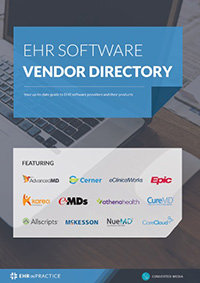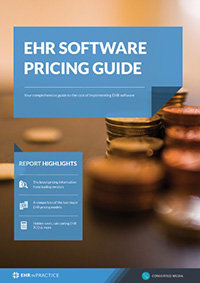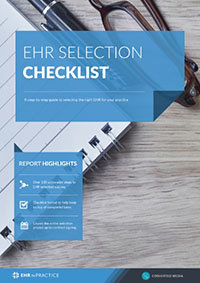4 Reasons Why Mobile EHR Is a Must-Have
Mobile EHR is essential for providers looking to optimize the delivery and documentation of medical care. Patients are now becoming increasingly educated “consumers” of medicine. They look for providers that can deliver the best care, as well as providing excellent customer communication and timely billing. For these reasons, providers must continue to provide up to date, evidenced based medical treatment, but also find ways to improve documentation, billing and patient education systems. Because of these demands, Mobile EHR is now a must-have for modern clinicians.
1. Convenient, Quick, and Accurate Documentation
There is a saying known amongst medical students learning proper documentation strategies that “if you don’t document it, you didn’t do it”. This is a frustrating notion for healthcare providers. You can provide excellent evaluation, treatment and patient education components, but if it is not reflected in the visit note, then it is not captured for insurance records and patient history.
Recommended Reading: EHR Vendor Directory - Ensure Your EHR Vendor Research is 100% Accurate
Therefore, it is essential that documentation can be completed in an accurate and timely fashion using mobile devices. The longer the time between the patient encounter and the time the visit note is written, the more likely small but important pieces of information will be omitted. By utilizing mobile EHR, providers are able to capture information into their system at the point of contact with the patient. With practice, providers are able to document with little interruption to the patient encounter and ensure all necessary pieces of history and examination findings are recorded.
2. Mobile EHR Workflow
Good mobile EHR systems include scheduling, calendars, and other administrative processes within their native or web applications. These resources allow the clinician increased autonomy with patient and event scheduling as well as automated tracking for alerts regarding necessary yearly testing for patients and normative values for laboratory findings. These workflows can take of advantage of push notifications to ensure practice staff are alerted in real-time on their preferred device.
3. Collaboration with Other Departments, Labs, and Specialties
Within the clinical practice setting, mobile EHR allows different healthcare providers to communicate their clinical findings and share with other providers on the go. Not only does this improve EHR interoperability, it also improves patient care. Lab work values and radiograph imaging results can be shared across devices, so the overseeing physician is able to make a fast and accurate diagnosis and treatment plan. As mentioned earlier, Mobile EHR also allows all of these findings to be input in real time, which improves timeliness of treatment.
4. Real Time Reporting, Billing, and Outcome Measurement
Mobile EHR also encourages on-time billing and medical reporting. Prior to mobile EHR, many practices were held up in their billing by legacy billing systems and providers that were behind in their paper documentation. With mobile EHR, providers can input their billing at the point of patient encounter. This greatly increases timeliness in billing, which results in faster reimbursement from payers. In addition, mobile EHR increases user engagement with practice outcomes, which, in turn, improves practice reporting processes.
Free white paper
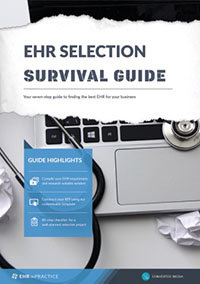
EHR Selection Survival Guide
The comprehensive guide to selecting the best EHR system for your medical practice.
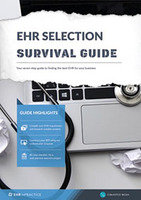
Featured white papers
Related articles
-

iOS and Android mobile EHR apps: everything you need to know
Everything you need to know about mobile EHR - features, benefits, recommended apps and more
-

How to sell cloud EHR to practice management
Practice managers can be cautious when it comes to cloud EHR - here's how to ease their fears
-

4 Medical Billing Workflows Your EHR Should Support
From automated coding to payment tracking, discover the four areas where EHR medical billing work...


